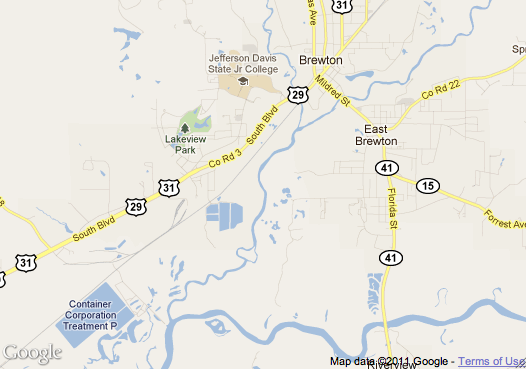Finally picked up my first issue of n+1. So far, I’ve only read the article that prompted me to buy the dead tree in the first place: American Juggalo.
For the uninitiated, the popular definition of a Juggalo is a fan of the rap group Insane Clown Posse. The name “Insane Clown Posse” is pretty self-explanatory. They made some news about a year ago for the mysticism anthem “Miracles”:
Juggalos are clowned on (p.i.) by most everybody, so seeing the name on a literary magazine caught my eye. The author travels to the annual Gathering of the Juggalos to answer the question everyone has upon learning about this subculture: what is this I don’t even.
The article is only available in print, but I can show a short doc (with the same title) shot at the same Gathering by the very talented Sean Dunne. “American Juggalo” really is worth reading—the missing narration for the movie.
And that is why I was a Juggalo this Halloween.












